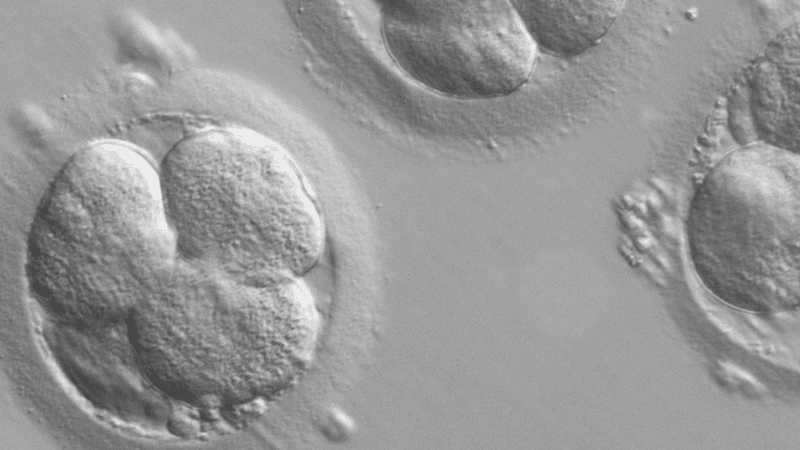Scientists have raised the spectre of designer babies once again, after researchers successfully removed DNA which causes a heart defect from human embryos for the first time.
Using a technique known as Crispr-Cas9, scientists from the US and South Korea removed DNA which causes hypertrophic cardiomyopathy from 58 embryos and allowed them to develop for a further five days.
At the end of the controversial experiment, one in four embryos had re-developed the problem DNA. All of the embryos were destroyed afterwards.
Ethical dilemmas
It is thought that in the future, Crispr-Cas9 could be used to remove any number of inherited conditions from human embryos, apparently preventing a child from developing those illnesses in later life.
But experts have warned of the serious moral and ethical dilemmas posed by such experimentation.
Critics are concerned that techniques like Crispr-Cas9 could one day be used to create “designer babies”, where certain characteristics of an unborn child – such as its skin colour, height or weight – are modified to the specifications of its parents.
Dr David King, Director of the Human Genetics Alert, said: “If irresponsible scientists are not stopped, the world may soon be presented with a fait accompli of the first GM baby.
GM babies
“We call on governments and international organisations to wake up and pass an immediate global ban on creating cloned or GM babies, before it is too late.”
It is illegal for scientists in the UK and the US to modify an embryo using Crispr-Cas9 and implant it in the womb.
However, the UK Government does allow controversial three or four-parent baby techniques, sometimes known as ‘mitochondrial replacement’.
Screened out
The techniques – Pro-Nuclear Transfer (PNT) and Maternal Spindle Transfer (MST) – are meant to prevent mitochondrial disease from being passed to a child.
But they involve editing the human germline – a move which experts warn could have serious consequences for future generations.
Last year, Deputy Director of The Christian Institute Humphrey Dobson cautioned that three and four-parent babies techniques could also open the door to eugenics.
He said: “We should remember that what is being heralded here as ‘treatment’ is simply a ruthless way of screening out those deemed less worthy of life.”


